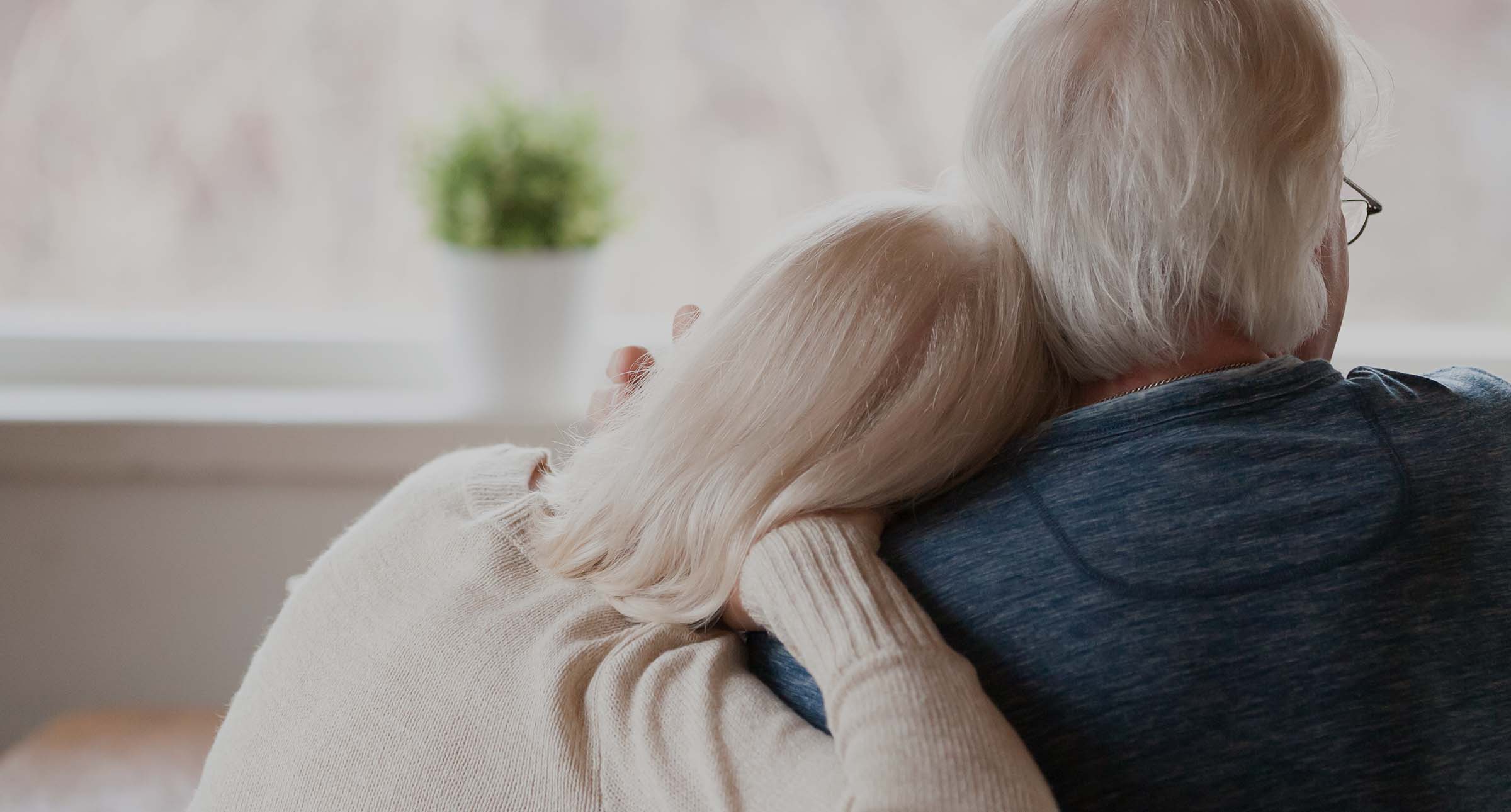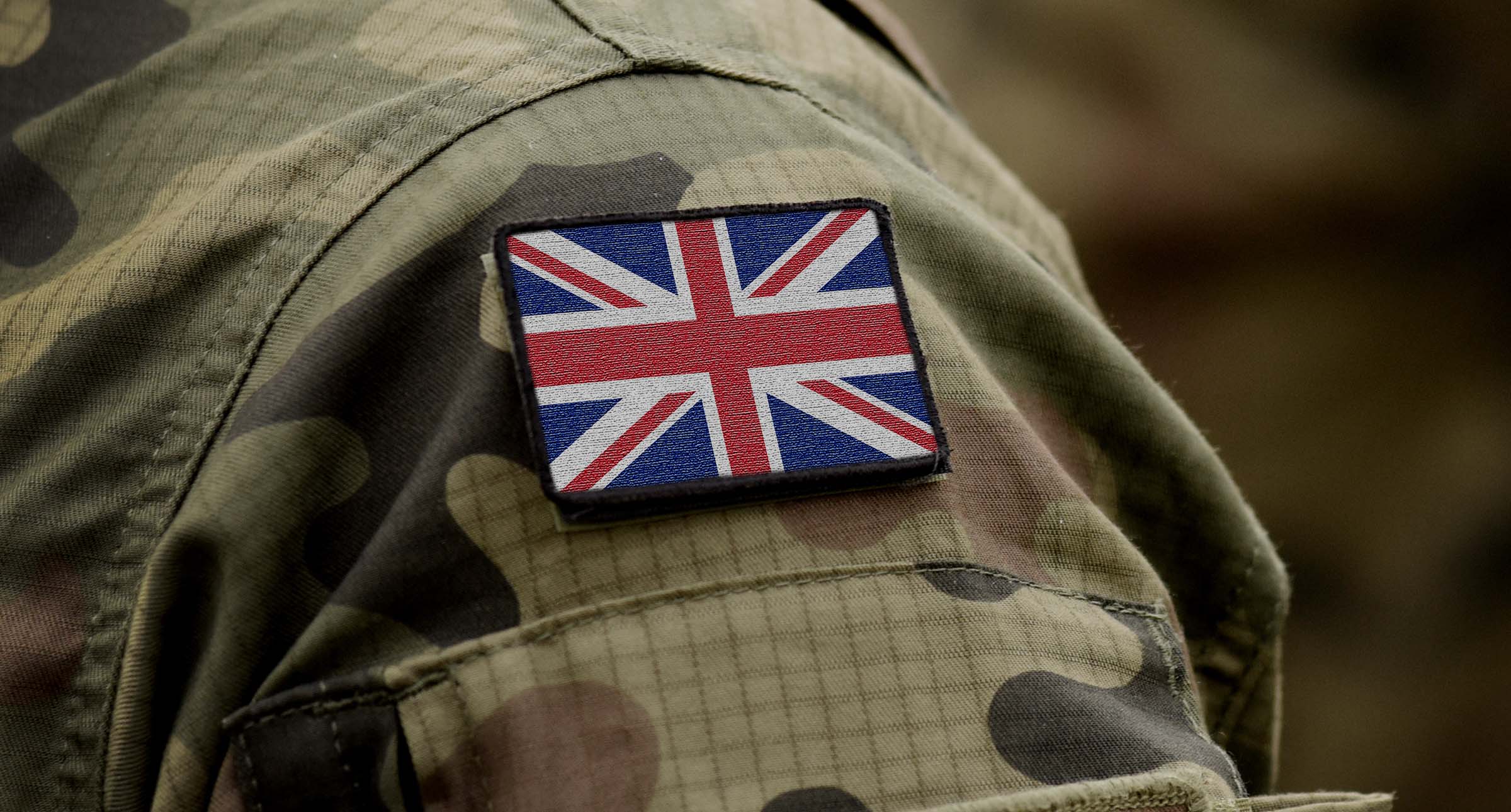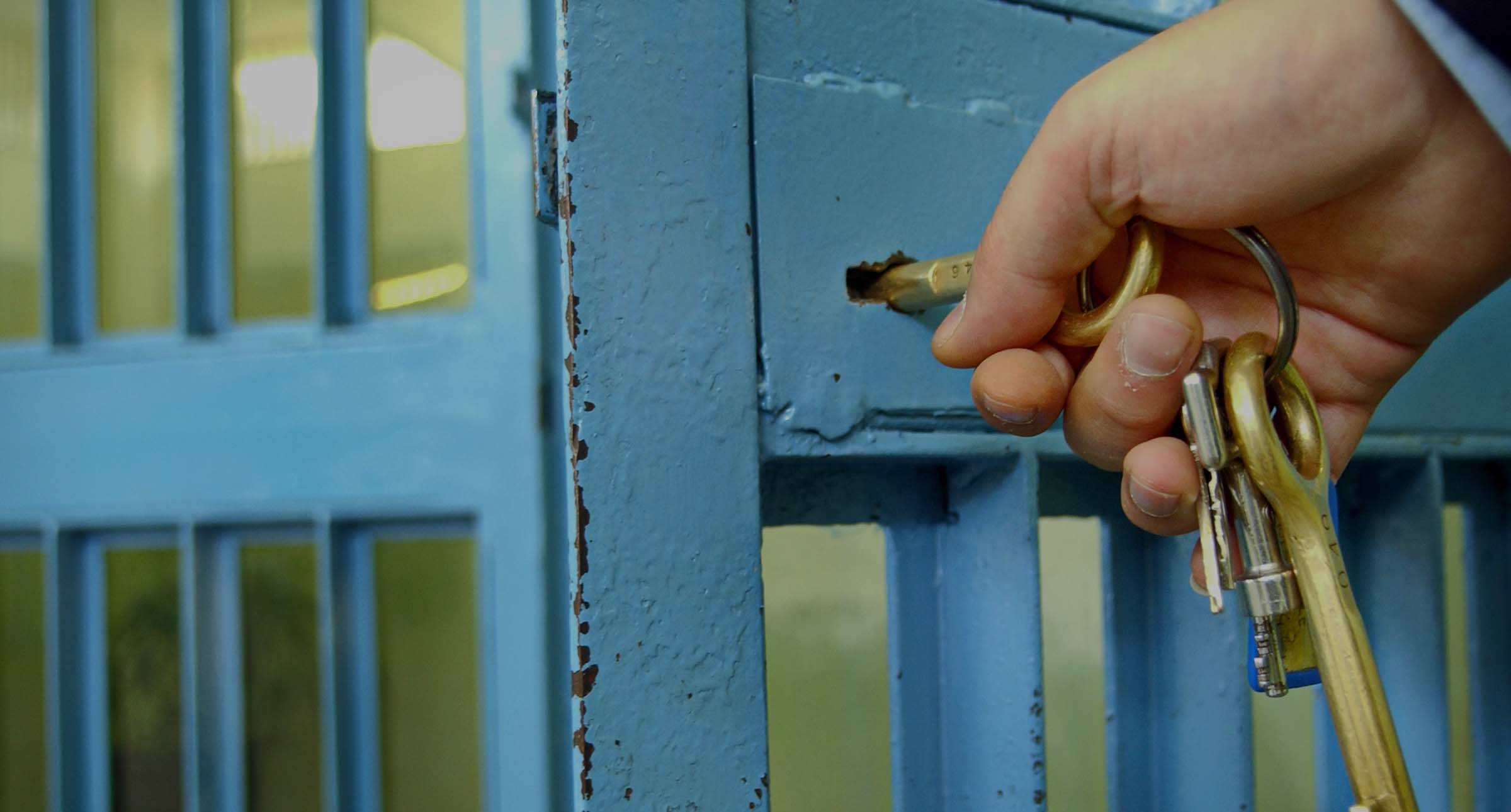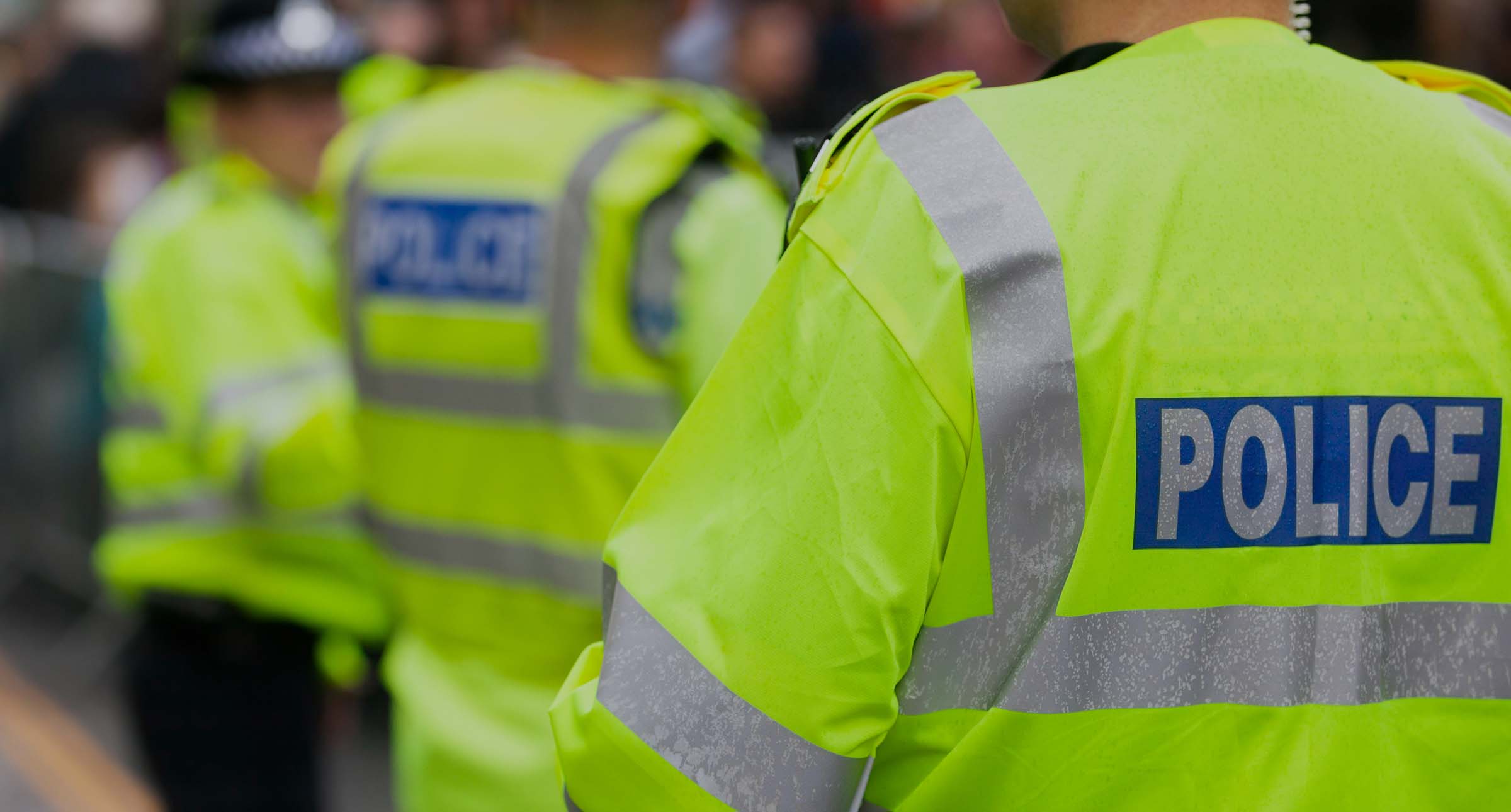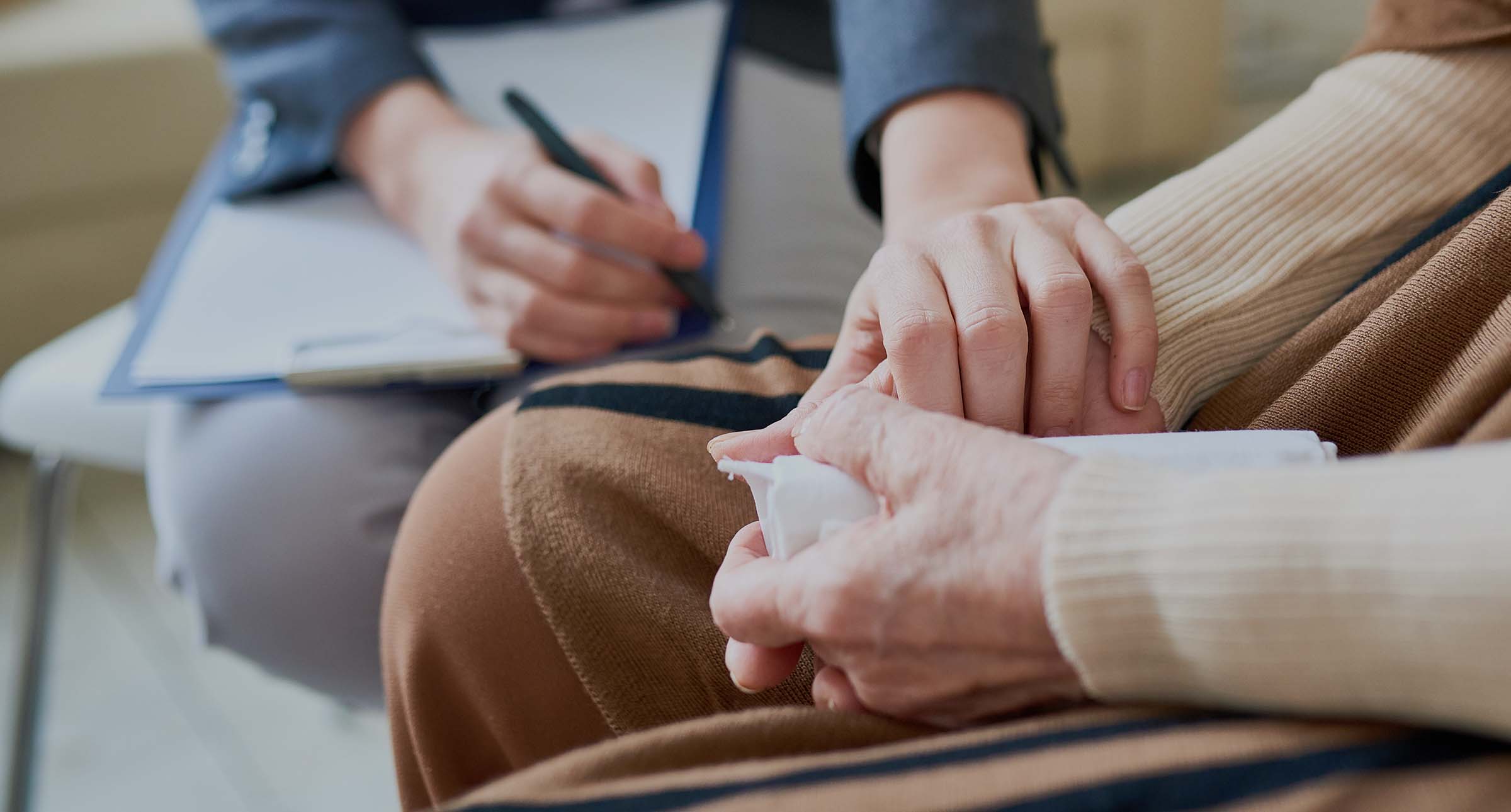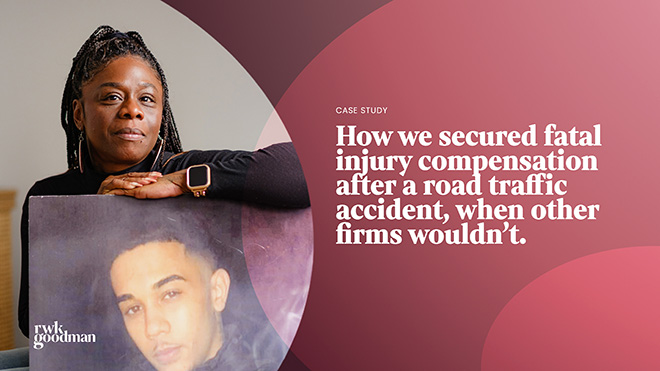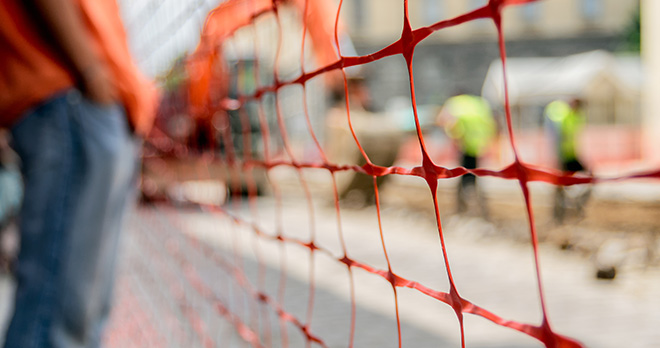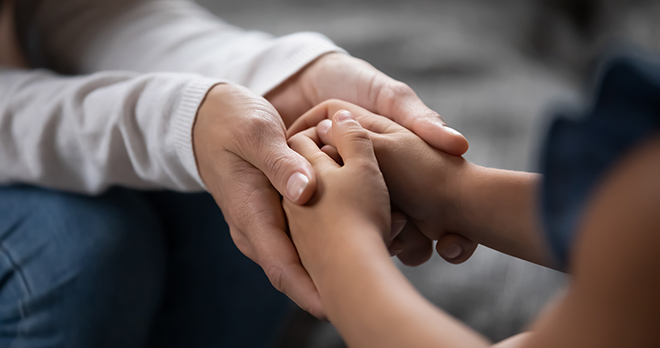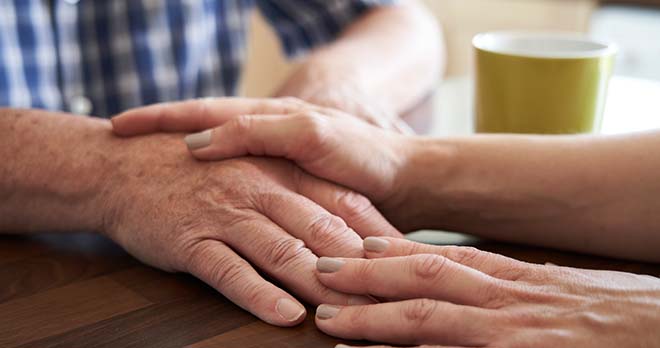How to request medical records for someone who has died

If you are concerned about the clinical care and treatment that was provided to a loved one before they died, then you may want to consider requesting a copy of their medical records. The medical records may assist you in understanding what happened in the lead up to their death and can be crucial to build up an accurate picture of the treatment provided.
You might already be familiar with the laws and regulations which govern your own records, as many people have heard of GDPR, but the rules surrounding requesting the records of someone who has died are different. If you want to see the health records of someone who has died, you need to apply in writing under the Access to Health Records Act (1990).
Can I get a copy of a deceased person’s medical records?
Under the terms of the Access to Health Records Act, you will only be able to access the deceased’s health records if you are either:
- A personal representative (i.e. the Executor or Administrator of the deceased person’s estate).
- Someone who may have a claim resulting from their death (this could be a relative or another person but in most instances is a spouse, child or other dependent). However, please be aware that only information directly relevant to a claim will be disclosed in this instance.
You will need to provide evidence when requesting the records that you fall within one of these two categories. If you are a personal representative then you can provide a copy of the Grant of Probate or Letters of Administration. If you are an Executor in the Will but have not yet received a Grant of Probate then you may be able to apply with a copy of the Will.
If you are not a personal representative, then you will need to show evidence of your relationship to the deceased such as through a marriage certificate or birth certificate.
What if you don’t meet the automatic criteria to access medical records?
If you do not fall into either of the above categories, you can still apply but you do not have an automatic right to the records and the decision about whether records will be disclosed to you will be made on an individual case basis by the provider you are contacting. You would need to set out your reason for requesting the records and confirm what your relationship was to the deceased. It is possible that they may provide you with a redacted version of the records in this instance.
Are medical records ever made public?
Sometimes records will also be disclosed where it is in the public interest. However, there is a very high threshold in these circumstances, as the public interest would need to outweigh the deceased’s right to privacy and maintaining public trust and confidence in the confidentiality of healthcare services.
Other people, who may have a legal right of access to the deceased healthcare records, can include; the Coroner, the Care Quality Commission, and the police.
How long are health records kept after death?
After a person has died their GP records will be passed to Primary Care Support England (PCSE) for storage. They will be retained for 10 years following a person’s death and thereafter they will be destroyed.
Hospital records are generally kept for 8 years after death, subject to a few exceptions for certain categories of records, for example; mental health records are kept for 10 years after the person had died, and maternity records (including episodes of maternity care that result in a stillbirth or where the child later dies) are kept for 25 years after the birth of the last child.
If you are requesting records because you may have a claim (rather than being a personal representative), then you need to bear in mind that there is a limitation period within which a claim must be brought which is usually 3 years from the date of death. If you seek to request records outside of this time period, then it is likely to be denied as you would be out of time for bringing a claim, and thus no longer eligible to request the records.
How do I request access to medical records?
-
Accessing GP records after death
In order to request GP records, you will need to contact the last GP surgery that the deceased was registered with prior to their death. If you do not know which GP surgery they were registered with or the GP surgery has closed, then you can contact PCSE Information Services at [email protected] for assistance. If the records have already been passed to PCSE then you may have to contact them directly to request the records.
-
Accessing hospital records after death
In order to request hospital records, you will need to contact the records department at the hospital trust who manage the hospital/clinic that the deceased attended. This information is often available on the hospital’s website.
-
Accessing dental records after death
In order to request dental records, you will need to contact the practice manager of the dental practice the deceased attended.
-
Accessing other medical records after death
You can also request records from the deceased’s optician, osteopath, chiropractor, pharmacist, health and social worker, midwife or child psychotherapist. These are all covered under the Access to Health Records Act (1990).
Please note that you will not be entitled to any records which were created prior to the commencement of the Act on 1 November 1991.
If you are a personal representative requesting records, then you do not need to provide any justification for the request, you will be automatically entitled to a copy of the records.
If you are not a personal representative, then you will need to set out your reasoning for requesting the records. Where possible, it helps to be specific about your concerns with the care the deceased received and why this may lead you to bring a clinical negligence claim.
When making the request you may be required to provide information identifying the deceased, such as their full name, date of birth and NHS number. You should receive a response to your request within 40 days, but please be aware that in reality it can often taken longer and you may need to chase the healthcare provider.
Is there a fee for access to medical records after a death?
Under the Access to Health Records Act (1990), the records of a deceased person should be provided free of charge.
If you are concerned about the medical care provided to a loved one prior to their death then we would be happy to discuss it with you and advise how we can help you. When we are involved, we can obtain a deceased’s medical records on their behalf.
Call now

Here to ensure that lessons are learned
When harm is caused, either to yourself or a loved one, you want to know how it happened and to ensure it doesn’t happen to others.
Whether you’ve sustained an injury as a result of medical negligence, been involved in a life changing accident, or suffered the death of someone close to you, our legal experts understand how important it is to seek answers about what happened.
These stories show how our team seeks to identify issues in care and safety, and to ensure lessons are learned when things go wrong.
More from our inquest and fatal accidents team
View more articles related to Inquests and Fatal Claims
